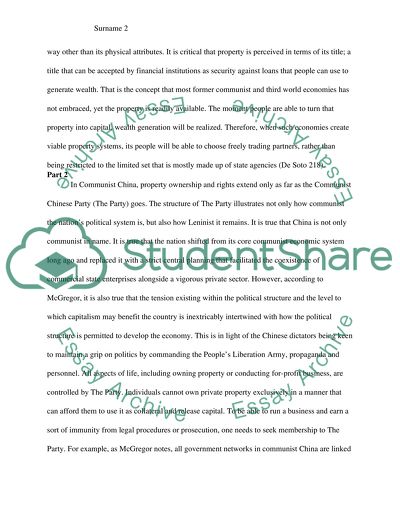Cite this document
(“The Mystery of Capital Assignment Example | Topics and Well Written Essays - 1250 words”, n.d.)
The Mystery of Capital Assignment Example | Topics and Well Written Essays - 1250 words. Retrieved from https://studentshare.org/macro-microeconomics/1664617-the-mystery-of-capital
The Mystery of Capital Assignment Example | Topics and Well Written Essays - 1250 words. Retrieved from https://studentshare.org/macro-microeconomics/1664617-the-mystery-of-capital
(The Mystery of Capital Assignment Example | Topics and Well Written Essays - 1250 Words)
The Mystery of Capital Assignment Example | Topics and Well Written Essays - 1250 Words. https://studentshare.org/macro-microeconomics/1664617-the-mystery-of-capital.
The Mystery of Capital Assignment Example | Topics and Well Written Essays - 1250 Words. https://studentshare.org/macro-microeconomics/1664617-the-mystery-of-capital.
“The Mystery of Capital Assignment Example | Topics and Well Written Essays - 1250 Words”, n.d. https://studentshare.org/macro-microeconomics/1664617-the-mystery-of-capital.


